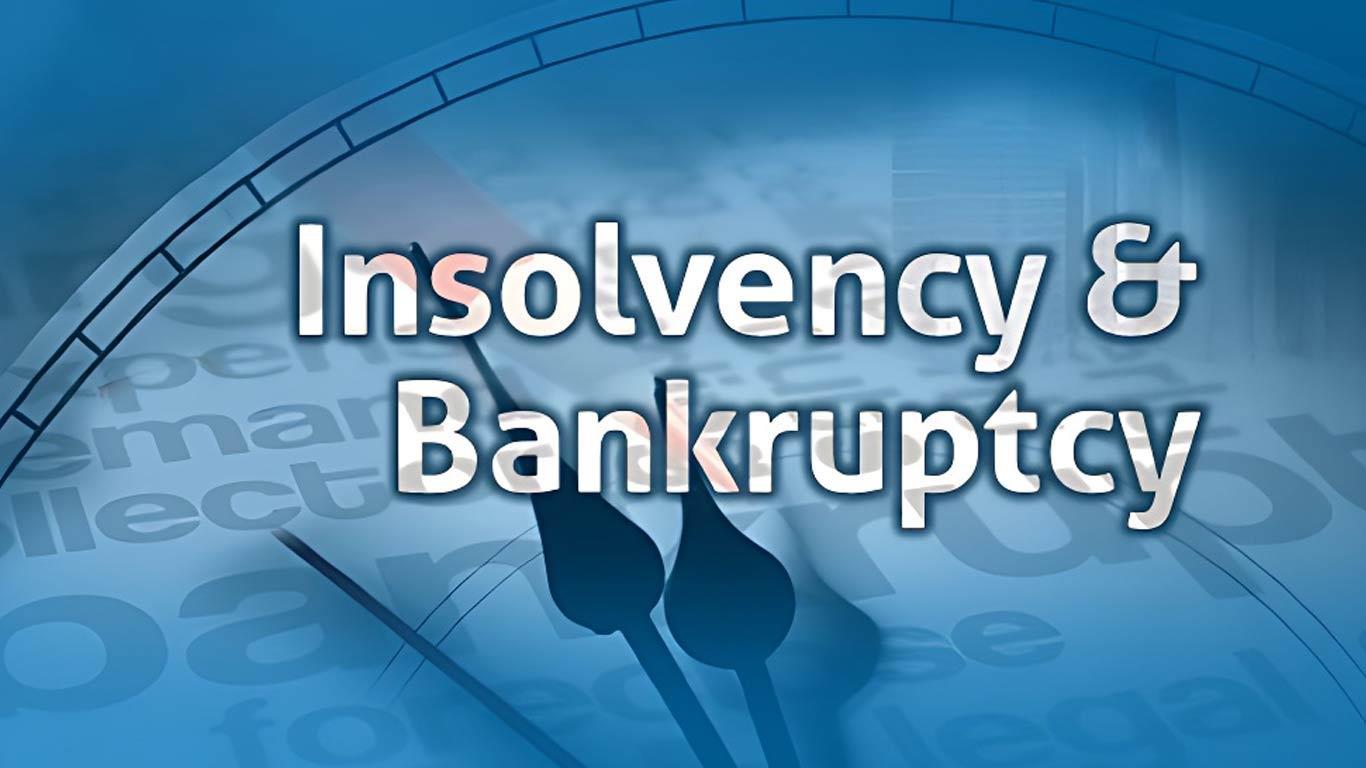Govt May Amend IBC To Settle Environmental & Climate Change Liabilities Of Defaulting Companies
This potential reform aims to make the bankruptcy framework future-ready and aligned with climate action goals, reported BS.
Currently, the IBC categorises environmental liabilities as ordinary trade claims with no special treatment. However, experts argue this approach fails to adequately consider the unique challenges posed by climate change and sustainability concerns.
“Integrating environmental objectives into the IBC will likely require fresh guidelines,” a government source stated.“Key questions include who should adjudicate environmental claims, how to assign costs, and whether to liquidate or restructure polluting companies,” the source added.
Globally, a 12-member working group formed by the World Bank, INSOL International, and the International Insolvency Institute is examining ways to incorporate climate action into insolvency processes.
“This is a pressing issue, not a future one. Claims stemming from environmental impacts are rising, and we need to determine their creditor class and priority,” said Sumant Batra, president of the Insolvency Law Academy and a member of the working group.
As countries strive to meet COP28 goals, businesses face transition risks that could trigger insolvencies. Climate events like tsunamis and wildfires can also drive companies into bankruptcy. Experts debate whether polluting firms should be rescued through insolvency regimes or liquidated to prevent further environmental damage.
“There needs to be acceptance that preserving value may conflict with environmental objectives. Financial distress could lead to companies defaulting on environmental obligations. Environmental claims must be embedded in law,” said Dinkar Venkatsubramanian, partner at EY India.
Batra suggests involving environmental bodies when approving insolvency resolution plans, as creditor committees may lack climate change expertise.
While regulators like SEBI have introduced sustainability reporting requirements, experts note the challenge of balancing green practices with economic recovery.“Striking this equilibrium demands nuanced policymaking and deep industry understanding,” said Dinesh Arora, partner at PwC India.
As the climate crisis intensifies, revamping insolvency frameworks to address environmental liabilities has become an urgent priority for policymakers worldwide.
(KNN Bureau)
Legal Disclaimer:
MENAFN provides the
information “as is” without warranty of any kind. We do not accept
any responsibility or liability for the accuracy, content, images,
videos, licenses, completeness, legality, or reliability of the information
contained in this article. If you have any complaints or copyright
issues related to this article, kindly contact the provider above.
Most popular stories
Market Research

- Vietnam Vegan Food Market Size, Share, Trends And Report 2025-2033
- Smart Indoor Gardens Market Growth: Size, Trends, And Forecast 20252033
- Bitmex And Tradingview Announce Trading Campaign, Offering 100,000 USDT In Rewards And More
- With Seal, Walrus Becomes The First Decentralized Data Platform With Access Controls
- Schoenherr Welcomes Top-Tier CEE English Law Debt Finance Team
- Cartesian Launches First Outsourced Middle-Back-Office Offering For Digital Asset Funds






















Comments
No comment